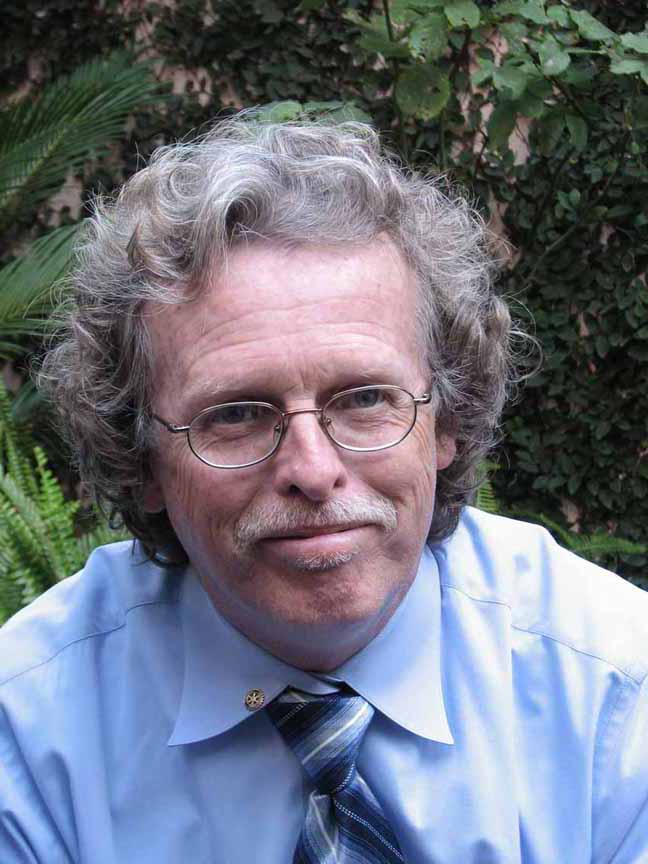LOCAL WRITER/HISTORIAN TACKLES
OBITUARIES BEFORE AND AFTER THE FACT
A local writer and historian, Ditler writes obituaries on a regular basis. His preferred twist on the age-old process, however, is something he calls the “Living Obituary,” and involves sharing some of your story before it’s too late.
Early this year, after decades of writing obituaries free, Ditler decided to start charging for obituaries. “Times are tough. I’m probably the most talented, unemployed writer, historian and publicist you know,” he scoffed. “The optimum word there being unemployed.'”
“I’ve never been at ease asking for money for obituary writing,” said Ditler. “I’m not an ambulance chaser, and I take offense to anything that might leave people with that impression. But the gratitude from the many families I’ve worked with has been so passionate that I’ve finally convinced myself this is a job, and a job has to pay.”
A veteran of 200-plus obituaries, Ditler laughs when he describes the past fruits of his labor. “Once someone gave me a box of candy. One person took me to a lobster lunch. Once the family gave me a $100 tip. Still another person presented me with a straw hat worn by the deceased.”
Ditler works from his home office writing and handling a handful of PR clients. Now he also has “LivingObituary.Com,” a service that captures the story before the arrival of the Grim Reaper.
“Believe me, it’s the final chapter of your life,” said Ditler. “I know you won’t care once your gone, but people have to think about their surviving family, and doing a Living Obituary’ is the most thoughtful final gift you can leave your loved ones.
“It’s nearly always the same scenario. Someone dies, and the family, amidst all that grief, realizes they have to compose a document capturing a lifetime, and they may only have 48 hours before the newspaper deadline announcing Sunday’s funeral service. Anyone who has dealt with the loss of a loved one knows exactly what I’m talking about.”
Ditler charges $500 for obituaries and “Living Obituaries”. He tackles each one as though it were a page-one, deadline news story. He searches for highlights from the person’s life, and then proceeds to create a document that is informative, fun, and most of all, a fitting tribute to that individual.
“Everyone has something in life worth talking about,” he said. “Sometimes it happened during the war, sometimes they were extremely passionate about a particular cause. And sometimes they were just really good people.”
The process (and he stresses the product is so much better when the subject is alive and participating) involves researching the person’s life, capturing obituary style elements born/died, where lived/worked, parents, accomplishments, clubs and causes, surviving family, etc. and putting the document in the right hands at the right time.
The whole process can take eight-to-16 hours to finalize. Ditler researches core material. He interviews friends and family and sorts through family albums for the best photographs.
He takes the photos and scans them into the right size, often spending hours in PhotoShop to get rid of wrinkles and scratches, then sets the right image contrast for newsprint reproduction.
Once the document is complete Ditler receives final approval before sending information out (constant dialogue takes place with the family before, during and after). Then he takes the package of material and stores it in multiple locations, disseminating the information to half a dozen pre-selected newspapers and eMedia at the appropriate time.
Ditler lobbies the obituary editor at the San Diego Union-Tribune as well. The U-T has its own set of criteria in deciding who is worthy of a feature-sized obituary. He claims he’s batting about .600 with the Union-Tribune. “I’m not selling something to the U-T, I’m providing key information they may not have known,” he said. “They make the final decision.”
What he has found is that the concept of doing a “Living Obituary” is unanimously received as a great idea, but it remains an awfully hard sell. “People just don’t want to think about the end.” One fellow kept putting off his appointment until finally Ditler called him and humorously suggested, “Look, that’s fine, just call me the day before you die, and we’ll get this done.”
Ditler gets advice at every turn. A Chicago radio host interviewed him on-air and said, “Drop that ‘O’ word,” referring to “obituary,” claiming it was a word people were afraid of, and it would kill his business (he then apologized for the pun).
Internationally known author and wordsmith Richard Lederer told him, “Ditler, I love your business concept, and I’ve got the perfect name for your company. Let’s call it ‘Son-of-a-bitchuary!'”
Whatever he calls it, Ditler feels this is a testimonial of your life and an investment in your surviving family and their emotional wellbeing when that final moment arrives, which it always does.
The obit scribe’s point is very well taken. You prepare a Last Will & Testament, you appoint an executor of your estate, you often choose your gravesite or cremation instructions. But you rarely take time to write down a summary of your life.
“This is a major oversight,” said Ditler, “and hopefully society will come around to my way of thinking. It’s happening now, just very slowly…”
He is constantly asked if he has done his own obituary. “It’s a work in progress,” he admitted, “but I’ve already arranged for the entertainment. It should be quite a party.”
For more information on obituaries and “Living Obituaries” contact Joe Ditler at 619.435.0767 or visit www.livingobituary.com. References are available upon request.





